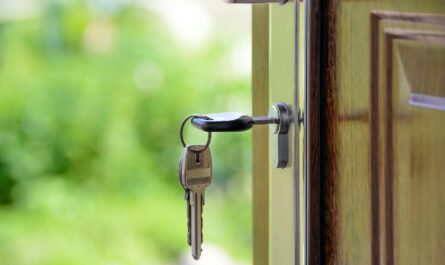Protecting your personal assets is crucial, and understanding the role of personal liability insurance is key to securing your financial future. This post will guide you through the essential aspects of this important type of coverage.
What is Personal Liability Insurance?
Personal liability insurance is a component of many homeowners and renters insurance policies. It provides financial protection against claims of bodily injury or property damage caused by you or members of your household. This coverage extends to incidents occurring on your property or elsewhere. For example, if your dog bites someone, or you accidentally damage someone else’s property, this insurance can help cover the costs. It’s a vital safety net in today’s unpredictable world. 
How Much Coverage Do You Need?
The amount of liability coverage you need depends on several factors, including your assets and lifestyle. Consider consulting with an insurance professional like a qualified insurance broker to determine the appropriate level of coverage for your specific circumstances. Generally, higher coverage limits offer greater peace of mind, but also typically come with a higher premium. You should aim for a level of coverage that adequately protects your assets from potential lawsuits. Understanding your risk tolerance is also a critical part of this process.
What Does Personal Liability Insurance Cover?
Personal liability insurance typically covers a wide range of incidents, such as medical expenses related to injuries caused by you, legal defense costs associated with liability claims, and property damage caused by you or your family. However, it’s crucial to understand the specific exclusions outlined in your policy. Reviewing your policy documentation or speaking to your insurance provider is essential to clarify coverage details. Some policies also offer additional coverage options, such as umbrella insurance, which provides even broader protection. 
Understanding Exclusions and Limitations
It’s important to remember that personal liability insurance isn’t a limitless safety net. Policies often exclude intentional acts, business-related activities, and certain types of damages. For example, damage caused intentionally by a family member is usually not covered. Understanding these limitations is crucial to accurately assessing your level of protection. You can find more detailed information about common exclusions on the website of your insurance company. It is advisable to look at the specific wording of your policy.
The Importance of Regular Review
As your life circumstances change, so too should your insurance coverage. Reviewing your policy annually, or whenever significant life events occur (such as purchasing a new home, starting a business, or having a child), is highly recommended. This ensures that your policy continues to provide adequate protection and aligns with your evolving needs. Consider discussing your insurance needs with a financial advisor or consulting a reputable financial planning website for personalized advice. [IMAGE_3_HERE]
Conclusion
Securing adequate personal liability insurance is a crucial step in protecting your financial well-being. By understanding your coverage, limitations, and regularly reviewing your policy, you can build a stronger financial safety net for yourself and your family. Don’t hesitate to reach out to your insurance provider or a financial advisor for any clarification or to explore supplementary coverage options. Check out this resource for further information.
Frequently Asked Questions
What types of accidents are typically covered? Personal liability insurance typically covers accidents resulting in bodily injury or property damage caused by you or members of your household. Specific exclusions vary by policy.
How much does personal liability insurance cost? The cost varies depending on several factors, including location, coverage amount, and the insurer. It’s best to get quotes from different providers.
What happens if I need to file a claim? Contact your insurance provider immediately to report the incident and follow their instructions for filing a claim. Provide all necessary information to facilitate a smooth claims process.
Can I increase my coverage limits? Yes, you can usually increase your liability coverage limits by paying a higher premium. Discuss this with your insurer to determine the best option for your needs.
What if I rent instead of own my home? Renters insurance policies also include personal liability coverage, protecting you against claims of bodily injury or property damage you cause to others, even if the damage is not to your property.



